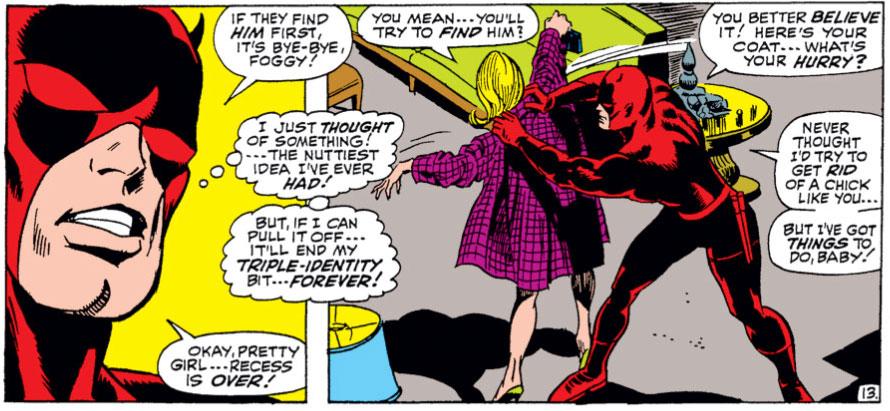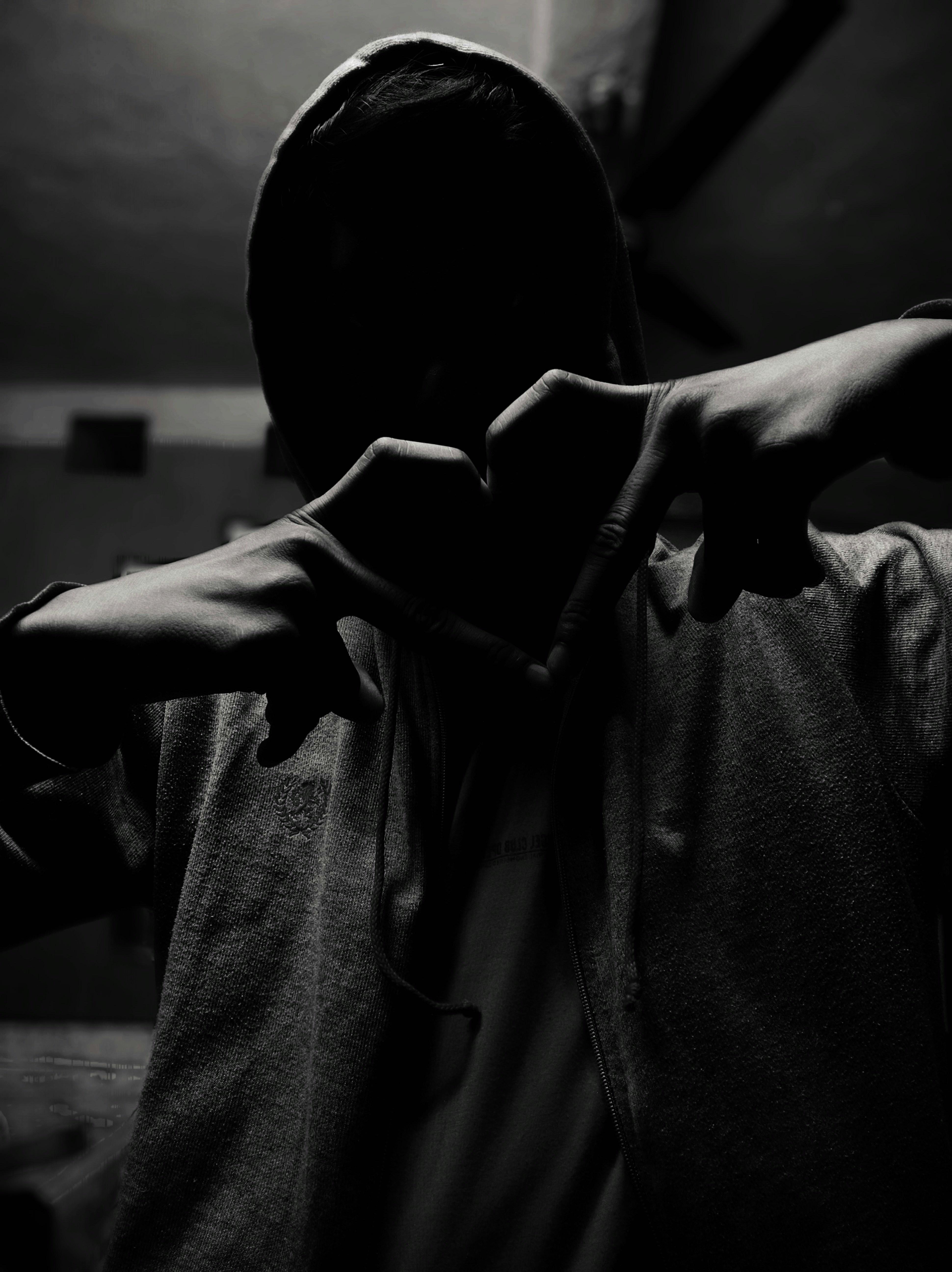In the ever-expanding universe of Marvel’s cinematic and televised offerings, few characters have captured the nuanced complexities of heroism as effectively as Daredevil. Launched in 2015 as part of Marvel’s ambitious foray into serialized storytelling on the small screen, “Daredevil” quickly distinguished itself with its gritty narrative, compelling character arcs, and a faithful adaptation of its comic book origins. As audiences were introduced to the world of Hell’s Kitchen, they were not merely watching another superhero tale, but rather a layered exploration of morality, justice, and the personal cost of vigilantism. This article delves into why Daredevil stands out as one of Marvel’s most compelling small screen heroes, examining the elements that contribute to its critical acclaim and enduring fan admiration. Through an analytical lens, we will explore how the series’ innovative approach to storytelling, character development, and thematic depth sets it apart in a crowded superhero landscape.
Exploring Daredevils Complex Character Development
Marvel’s Daredevil is a masterclass in character complexity, particularly through its portrayal of Matt Murdock, the blind lawyer by day and vigilante by night. Unlike many traditional superheroes, Daredevil’s moral compass is frequently challenged, making his journey a rich tapestry of internal and external conflicts. His struggle is not just against the criminal underworld of Hell’s Kitchen but also against his own demons, stemming from his Catholic upbringing, his father’s legacy, and his disability. These layers add a profound depth to his character, creating a narrative that is both compelling and relatable.
- Inner Conflict: Matt Murdock’s relentless pursuit of justice often puts him at odds with his own principles, questioning the very nature of right and wrong.
- Relationships: The series intricately explores his relationships, especially with friends like Foggy Nelson and Karen Page, showcasing how his double life strains these bonds.
- Identity: The duality of his existence is a central theme, as he grapples with his identity both as a protector and a flawed human being.
This complex character development is further enriched by the show’s commitment to exploring the nuances of heroism. Unlike the clear-cut heroes of yesteryears, Daredevil embodies the idea that heroism is messy, often requiring personal sacrifices and difficult choices. Through Matt’s journey, the series effectively challenges viewers to consider the cost of being a hero and the fine line between vengeance and justice.

Analyzing the Cinematic Techniques in Daredevils Storytelling
In the realm of superhero television, Daredevil stands out as a masterclass in the use of cinematic techniques to elevate storytelling. One of the most striking aspects of the show is its use of lighting to create mood and atmosphere. The dimly lit scenes not only reflect the gritty underworld of Hell’s Kitchen but also symbolize the internal struggles of its protagonist, Matt Murdock. This clever use of chiaroscuro not only adds depth to the narrative but also enhances the visual storytelling by creating a stark contrast between light and darkness, mirroring the moral ambiguities faced by the characters.
- Camera Angles: The dynamic use of camera angles in fight scenes, particularly the long takes, immerses viewers in the visceral combat experience.
- Sound Design: The show’s sound design plays a crucial role in portraying Daredevil’s heightened senses, offering an auditory insight into his perception of the world.
- Color Palette: A carefully curated color palette emphasizes the show’s noir aesthetic, using reds and blacks to underline the themes of danger and mystery.

Evaluating Daredevils Impact on the Marvel Television Universe
The arrival of “Daredevil” on Netflix marked a significant turning point for Marvel’s television endeavors. Unlike its cinematic counterparts, this series embraced a darker, more mature narrative, setting a new standard for storytelling within the Marvel Television Universe. The gritty portrayal of Hell’s Kitchen, combined with the morally complex character of Matt Murdock, offered a refreshing departure from the more family-friendly tone of the Marvel Cinematic Universe (MCU). This approach not only resonated with audiences but also paved the way for subsequent Marvel series to explore deeper themes and character development.
Key Impacts of Daredevil on Marvel Television:
- Realistic Action Sequences: The series is renowned for its meticulously choreographed fight scenes, notably the hallway fight in season one, which set a new benchmark for action in television.
- Complex Characters: Daredevil’s nuanced portrayal of both heroes and villains, especially characters like Wilson Fisk, introduced a level of depth that was previously rare in superhero television.
- Cohesive World-Building: By interlinking with other series like “Jessica Jones” and “The Punisher,” Daredevil contributed to a shared universe that mirrored the interconnectedness of the MCU, yet maintained its unique tone.

Recommendations for Future Marvel Series Inspired by Daredevil
Marvel has a rich tapestry of characters that could thrive in the gritty, nuanced style that made Daredevil a standout series. Moon Knight, for example, with its complex protagonist and exploration of mental health issues, could benefit from a similar deep-dive approach. The character’s darker tone and unique storytelling potential would pair well with the mature themes and intricate narratives that Daredevil fans appreciate.
- Ghost Rider: Bringing this fiery anti-hero to life with a focus on moral ambiguity and personal redemption could resonate well with audiences who enjoyed Daredevil’s moral complexity.
- Blade: With the rise in popularity of supernatural themes, a series focusing on Blade’s vampire-hunting escapades could delve into the horror and suspense genres, offering a fresh perspective within the Marvel universe.
- She-Hulk: A legal drama with a superhero twist could captivate fans of courtroom intrigue, much like Daredevil’s own legal battles, while offering a blend of humor and action.
By embracing these rich narratives and multifaceted characters, future Marvel series can capture the same intensity and depth that made Daredevil a beloved icon of Marvel’s small screen offerings.
